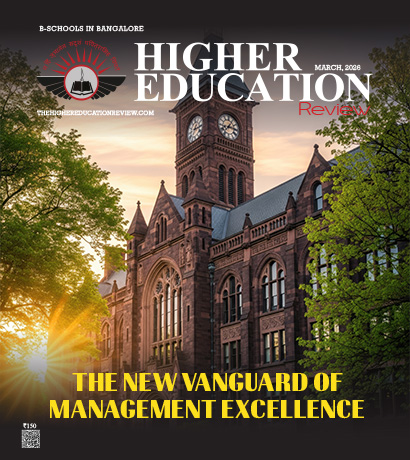Australia Urged to Cut $2,000 Student Visa Fee

- Australian student visa fee reaches AUD $2,000, the highest worldwide.
- Education groups urge 50% cut for short-term, non-award international courses.
- High fees strain English providers, reduce cultural diversity, and risk school closures.
Australia's leading international education organizations have urged the federal government to promptly lower the AUD $2,000 non-refundable Australia student visa application fee, highlighting its effect on short-term study programs and the diversity of international students.
In July 2025, the government increased the student visa fee to $2,000, after a 125% hike the year before from $710 to $1,600. The International Education Association of Australia (IEAA), English Australia, and the Independent Tertiary Education Council Australia (ITECA) claim that Australia currently has the most expensive student visa fees in the world.
In a collective letter addressed to the Prime Minister, treasurer, finance minister, and the six-member council for international education, the organizations called for a 50% decrease for students participating in Independent ELICOS programs shorter than 52 weeks and Non-award courses under 52 weeks.
“These students typically seek a short study experience rather than a multi-year qualification. Requiring them to pay the full $2,000 non-refundable fee for a course lasting months or weeks is inequitable especially when compared to longer award-conferring programs,” the letter said.
Also Read: US Revises Non-Immigrant Visa Interview Waiver Policy
The organizations cautioned that elevated fees are negatively impacting independent English language providers, resulting in school shutdowns and diminished cultural exchange. “As well as reducing diversity in Australian classrooms, reduced interest for incoming study abroad and exchange programs… will restrict outbound semester exchange opportunities for Australian students over time,” the letter added.
Assistant Minister for International Education Julian Hill recognized the concerns of providers but stated that increases in visa fees were not the only reason. “The correlation between a reduction in offshore student numbers was not actually with the first increase to the visa fee… the correlation with the more significant drop in student numbers was when we tightened up the visa integrity settings because of some of the behaviour we were seeing from certain markets,” Hill spoke to The Pie News. He mentioned that the government is considering alternatives based on stakeholder feedback.

